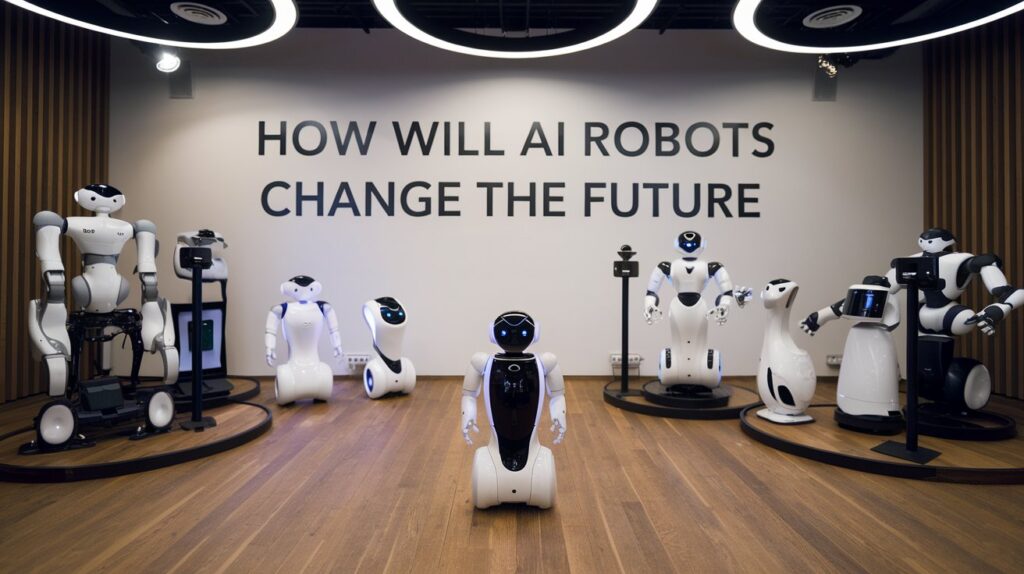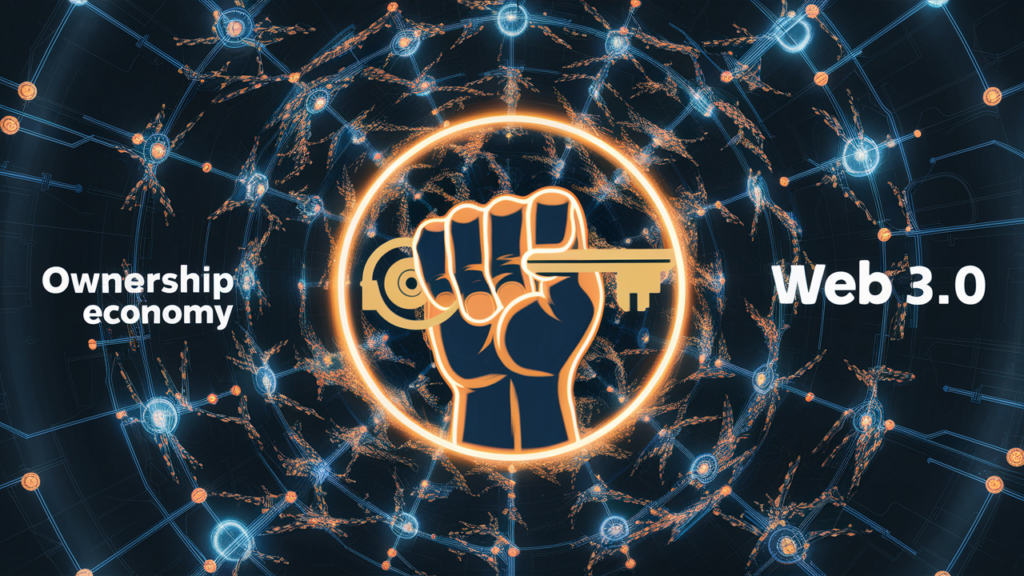Why It Is a Good Idea to Learn AI

In an era where technology continuously reshapes the landscape of industries, the strategic decision to learn Artificial Intelligence (AI) represents a significant investment in one’s future. The pervasive influence of AI across sectors not only heralds a shift in the type of jobs available but also elevates the complexity of problems we can solve, thereby enhancing the value of those equipped with such expertise. By understanding the underpinnings of AI, individuals position themselves at the forefront of innovation and problem-solving, ensuring their relevance in a rapidly evolving job market. This discussion invites exploration into how mastering AI can serve as a catalyst for professional transformation and societal advancement.

Future-Proofing Your Career
In an era where technological advancements are rapidly transforming the job market, acquiring AI skills is a strategic move to future-proof your career. The surge in AI-driven industries has propelled AI skills into high demand, with projections indicating a 71% increase in AI-related job roles over the next five years. This trend underscores the critical need for professionals equipped with AI competencies to navigate the evolving technological landscape.
AI graduates, particularly those specializing as Data Scientists or Software Engineers, find themselves at a competitive advantage, commanding impressive salaries that reflect the high demand for their expertise. In the UK, AI professionals average £58,000 annually, while their counterparts in the USA can earn upwards of $130,000. These figures highlight the lucrative potential of careers in AI, making the pursuit of AI skills not just a wise academic choice but a financially sound one as well.
Moreover, the versatility of AI skills opens doors to a wide array of job opportunities, from AI Specialist roles to foundational positions such as Software Engineer and Data Scientist. This versatility ensures that individuals with AI expertise remain highly sought after, positioning them for a resilient career trajectory in an increasingly AI-dependent world.
Expanding Career Opportunities
The proliferation of artificial intelligence (AI) across various industries has significantly expanded career opportunities for those equipped with AI skills. As AI continues to evolve and integrate into various sectors such as healthcare, finance, and technology, the demand for skilled professionals in this field is skyrocketing. This surge is reflected in the projection that job opportunities related to AI are expected to increase by 71% in the next five years. This unprecedented growth underscores the importance of acquiring AI competencies for anyone looking to secure a future in the evolving job market.
Moreover, the financial rewards associated with AI roles are considerable. In the UK, AI graduates can expect to start with salaries averaging £58,000, while their counterparts in the USA might see figures exceeding $130,000. Such high salaries are indicative of the value that industries place on AI expertise. Positions range from AI Specialists and Data Scientists to Software Engineers, with the potential to ascend to high-ranking roles like Chief Technology Officer.
Personalizing an AI degree to align with specific career goals and interests not only enhances job prospects but also ensures that individuals are prepared to meet the demands of various industries seeking AI expertise. This strategic approach to education and career planning positions AI-literate individuals at the forefront of the job market, ready to capitalize on the expansive opportunities AI presents.
Enhancing Problem-Solving Skills

Mastering AI significantly amplifies one’s ability to navigate and solve complex challenges across various domains. By learning Artificial Intelligence, individuals harness the power of complex algorithms and models, enhancing their problem-solving skills to address intricate issues efficiently. This proficiency is not just about applying technology; it’s about reshaping how we think about and approach problems. AI fosters creative problem-solving techniques, offering innovative ways to analyze data, identify patterns, and generate insights that were previously unattainable.
The principles of AI, encompassing both machine learning and deep learning, equip individuals with the necessary tools to develop AI-powered solutions tailored to real-world challenges. This knowledge encourages a critical thinking mindset, essential for strategic problem-solving. By leveraging machine learning techniques, AI research has shown significant improvements in optimizing decision-making processes across various sectors.
Furthermore, developing skills in AI sharpens one’s ability to work with data analysis, predictive modeling, and algorithm development. This hands-on experience is invaluable, enhancing one’s capacity to not just solve problems more effectively, but to envision and create solutions that push the boundaries of what is currently possible.
Boosting Earning Potential
With the rapid advancement of technology, acquiring skills in AI not only enhances one’s expertise but significantly boosts earning potential. The field of Artificial Intelligence is burgeoning, and with it, the opportunities for those proficient in AI and data science are expanding at an unprecedented rate. Learning AI can catapult professionals into a future where their skills are not just in demand but are also rewarded with lucrative salaries and diverse career paths.
- High Salary Prospects: AI professionals, including those in data science roles, command high salaries, with figures reaching over £58,000 in the UK and surpassing $130,000 in the USA.
- Growing Job Market: The demand for AI knowledge is skyrocketing, with a projected increase of 71% in AI-related jobs over the next five years, offering security and growth opportunities.
- Diverse Career Opportunities: From AI Specialist to Chief Technology Officer, the range of roles available to AI graduates is vast, opening doors to varied and exciting career paths.
- Sought-After Skills: Employers are on the lookout for AI skills, making individuals with AI expertise highly desirable and boosting their earning potential significantly.
The journey of learning AI is not just about acquiring technical skills; it’s about securing a future where your expertise in Artificial Intelligence paves the way for financial success and job satisfaction.
Fostering Innovation and Creativity

Beyond enhancing earning potential, learning AI also plays a pivotal role in fostering innovation and creativity across various industries. By delving into the world of Artificial Intelligence, individuals and organizations unlock new horizons for problem-solving and automation, paving the way for groundbreaking advancements. AI doesn’t just streamline existing processes; it encourages a leap into the future by enabling the development of novel solutions and applications that were once thought impossible. This technology fuels creativity by encouraging the exploration of advanced algorithms and intelligent systems, inspiring professionals to think outside the box and approach challenges in innovative ways.
The impact of AI on fostering a culture of innovation cannot be understated. It inspires new ways of designing cutting-edge technologies and pushes the boundaries of what is possible, nurturing a forward-thinking mindset that is crucial for progress. Through AI, industries are not only revolutionizing their current practices but are also setting the stage for future innovations that will continue to transform the world. In essence, learning and applying Artificial Intelligence is a key driver in the ongoing quest for innovation and creativity, making it an indispensable tool in the technology landscape.
Access to Global Networks
Access to global networks in AI opens the door to unparalleled opportunities for collaboration and learning among professionals worldwide. In the rapidly evolving fields of machine learning and deep learning, as well as data science and artificial intelligence, connecting with a global network of experts can dramatically enhance one’s understanding and capabilities. These networks facilitate live seminars, discussion forums, and group projects, offering a rich tapestry of learning experiences. Networking with seasoned professionals across continents not only broadens one’s perspective but also aids in grasping complex AI concepts more effectively.
- Experiencing a sense of unity with innovators around the globe, all striving to push the boundaries of what Artificial Intelligence can achieve.
- The thrill of sharing knowledge and gaining insights from diverse cultures and thought processes in AI.
- The inspiration drawn from global success stories in machine learning and deep learning, fueling one’s passion for the field.
- The empowerment felt when your contributions to data science and artificial intelligence are recognized on a global platform.
Engaging with global networks in AI not only enriches one’s technical expertise but also cultivates a deeply rewarding professional journey.

Frequently Asked Questions
Why Should You Learn About Ai?
Understanding artificial intelligence (AI) is essential due to its growing influence across industries, offering enhanced employability, competitive salaries, and innovation opportunities. AI knowledge facilitates career growth and contributes to driving positive change globally.
What Are the Benefits of Knowing Ai?
The benefits of knowing AI include enhanced decision-making through data analysis, increased efficiency, and productivity in business operations. It also offers insights into customer behavior, market trends, and provides a competitive advantage by reducing operational costs.
Is It Worth Studying Artificial Intelligence?
Studying artificial intelligence is highly beneficial due to the significant demand for AI professionals globally, competitive salaries across various roles, and the vast opportunities for career advancement, including high-ranking positions such as Chief Technology Officer.
What Makes AI so Useful?
AI’s utility stems from its ability to analyze vast datasets, automate complex tasks, enhance decision-making, and drive innovation across industries. This versatility supports diverse applications, from personalized digital interactions to efficient operational workflows and strategic business insights.
Conclusion
In conclusion, the integration of Artificial Intelligence into various industries underscores the imperative of acquiring AI skills for individuals seeking to remain relevant and competitive in the evolving job market.
This investment not only enhances one’s problem-solving capabilities and earning potential but also fosters innovation and creativity.
Moreover, it provides access to a global network of professionals, thereby broadening one’s professional horizon.
Consequently, learning AI emerges as a strategic move towards personal and professional development in the digital age.







Veldig nyttig å bruke noen minutter på denne… takk.